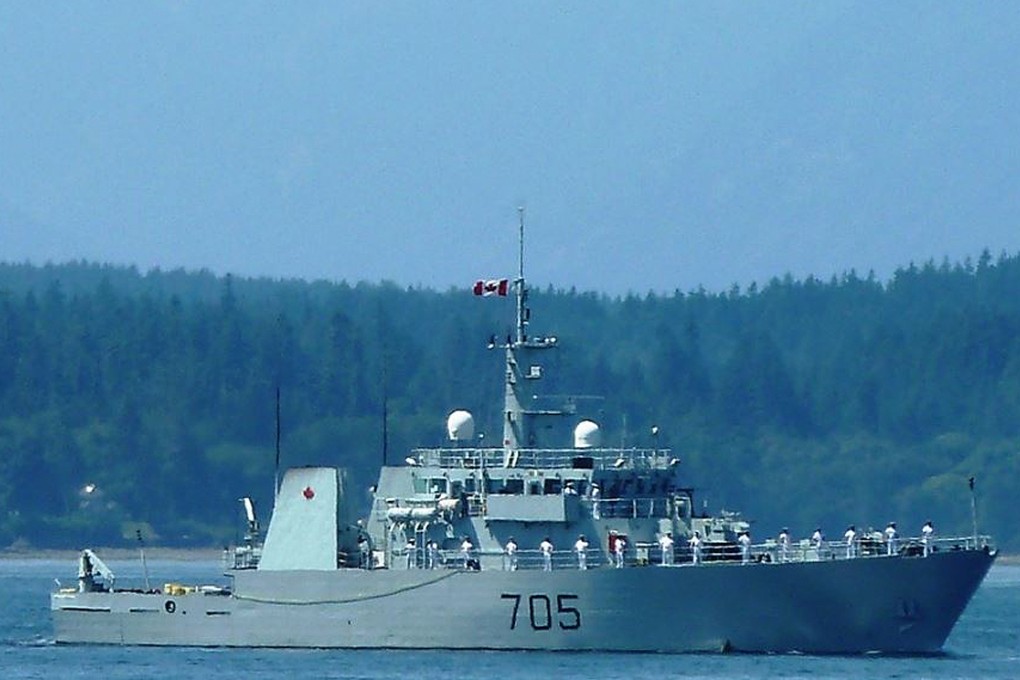Canada restricts booze at sea after sailors' drunken behaviour
Sexual misconduct, shoplifting and drunkenness cited by Canadian vice-admiral as reasons for stricter alcohol controls in navy

Alcoholic drinks will not be as cheap or flow as freely aboard Canadian warships after the review of an incident last summer in which a coastal defence vessel was ordered home from a US exercise because of its sailors’ bad behaviour.
The report, released on Friday by the fleet’s top commander, Commodore Craig Baines, recommends that the navy develop a strictly enforced code of conduct in addition to increasing the shipboard price of alcohol and banning any consumption while ships are at sea, unless there are special events. The restrictions were imposed immediately.
“This will be seen as a positive, measured and progressive step”
Last July, HMCS Whitehorse cut short its deployment and returned to its home port in Esquimalt, British Columbia, after some crew members were accused of sexual misconduct, shoplifting and drunkenness. Three incidents are in various stages of being dealt with through the military justice system, including a planned court martial of the sailor accused of sexual assault.
Vice-Admiral Mark Norman agreed with the recommendations, saying the actions of sailors, at home and abroad, reflect on the navy and the nation as a whole. Unlike their US counterparts who serve on completely dry ships, off-duty Canadian sailors have been free to purchase beer or wine, including from dispensing machines.
Those are being removed as part of the reforms, which Norman acknowledged might not be popular, but necessary.
“I have no doubt there will be some folks who see this as negative, but I have great confidence based on broad consultations through all ranks of the navy that this will be seen as a positive, measured and progressive step,” he said.